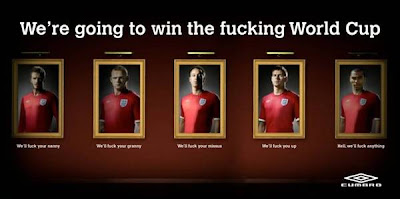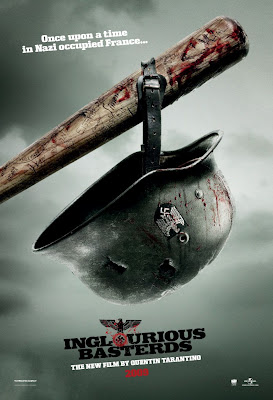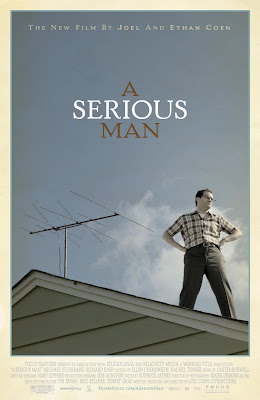Scamp’s Book
Three reasons why you should buy it:
It’s full of brilliant advice from proper people who are really, really good at what they do:
It’s got lots of great insights from someone who has a Cannes Grand Prix, D&AD Pencils and a bunch of other stuff that makes him worth reading:
I’d also like to add that it’s a great bog read. By that I mean it’s all laid out in digestible, bite-sized chunks that you can get through in the time it takes to read Campaign. Or take a dump. You might like to read the interview with Jeremy Craigen over a regular poo. Then again, you could add in Dave Droga’s Foreword and the Paul Silburn interview if you’ve got the runs.
And just in case you missed that Amazon link, IT’S HERE.
(Interest declared: I am friends with Simon. In fact we had lunch today. Yesterday if you’re reading this on Thursday.)





